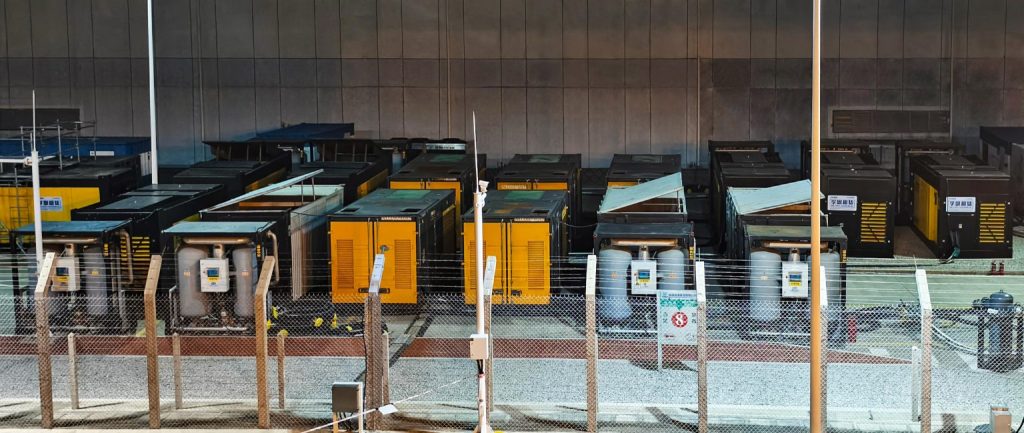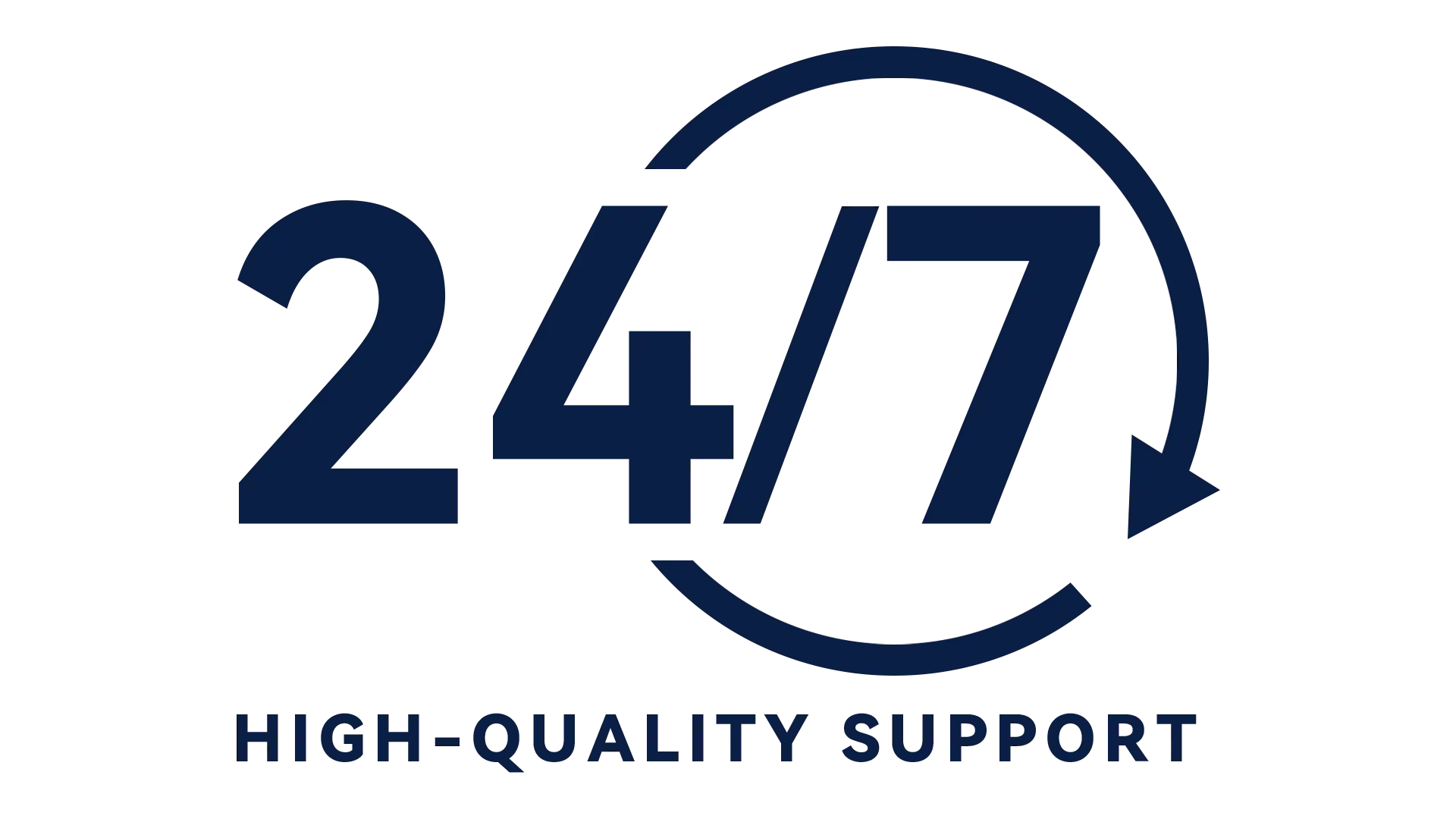Air compressors are essential components in air separation units (ASUs), serving as the core equipment and typically representing the highest energy consumption within the system. Any malfunction in the compressor can severely impact the entire plant’s operation. In Western countries, the widespread acceptance and deep understanding of equipment rental models have allowed oil-free air compressor rentals to thrive in the air separation industry, providing smart solutions to many equipment-related operational issues. This article explores practical applications of oil-free compressor rentals in ASU operations, aiming to spark discussion and further industry adoption.
One of the most common applications is during operational interruptions caused by compressor failure or planned maintenance where continuous air supply must be maintained. While many factories are equipped with backup units, in industries with extremely high reliability demands—such as semiconductor manufacturing and petroleum refining—activating a backup may not be sufficient. In such cases, short-term rental of oil-free compressors becomes an excellent solution. A particularly effective option is a diesel-driven, air-cooled, twin-screw oil-free compressor, which operates independently of electricity and cooling water, and starts automatically based on pressure sensors. This type of unit is especially advantageous as an emergency backup, and its adoption has grown significantly across China in recent years.
In the construction phase of new ASUs, renting a complete compressor system for tasks such as purging, pressure testing, leak detection, drying, and commissioning has proven highly cost-effective. ASU projects are often located in remote areas with limited infrastructure. Delivery and commissioning of purchased equipment can be delayed, affecting project timelines. Renting an oil-free compressor system can effectively solve these issues with minimal investment. These systems provide high-quality output (dew point < -70℃ @ 8.5 bar, filtration precision 0.01μm), comparable to nitrogen gasification, but at a lower cost and without asphyxiation risk. The larger the gas demand, the more obvious the rental solution’s advantages. For purging large-diameter pipelines, pressure-pulsing techniques should be used instead of open-end blowing to achieve required flow velocities. For commissioning air sources, rental systems are also more economical than liquid nitrogen or centrifugal compressors.
Additionally, in small-scale ASU sites such as electronic gas production, temporary mismatches between supply and demand—due to ramp-up or reduced customer usage—can result in inefficient low-load operation of centrifugal machines, leading to energy waste and equipment strain. Renting a small oil-free screw compressor with a suitable capacity can ensure supply and significantly reduce energy consumption. In real-world cases, many electronic gas sites have saved tens of thousands to hundreds of thousands of RMB after offsetting rental costs with electricity savings.
Moreover, in summer months when high temperature and humidity reduce inlet air density and affect compressor performance, or when there’s a gap between order and delivery of new units, rental compressors offer a flexible and reliable bridge to ensure uninterrupted supply.
Due to stringent requirements in the air separation industry—particularly concerning air purity, operational stability, and safety—rental compressors are usually selected from premium brands, often exceeding the specs of owned equipment. This sets high standards for rental providers. Fortunately, several high-quality suppliers in the market now offer top-tier brands like AC and IR, fully meeting industry needs.
As professionals in the compressor field, we sincerely hope that this flexible, efficient rental model gains wider recognition across the industry, offering more reliable and economical solutions for compressor-related challenges.


